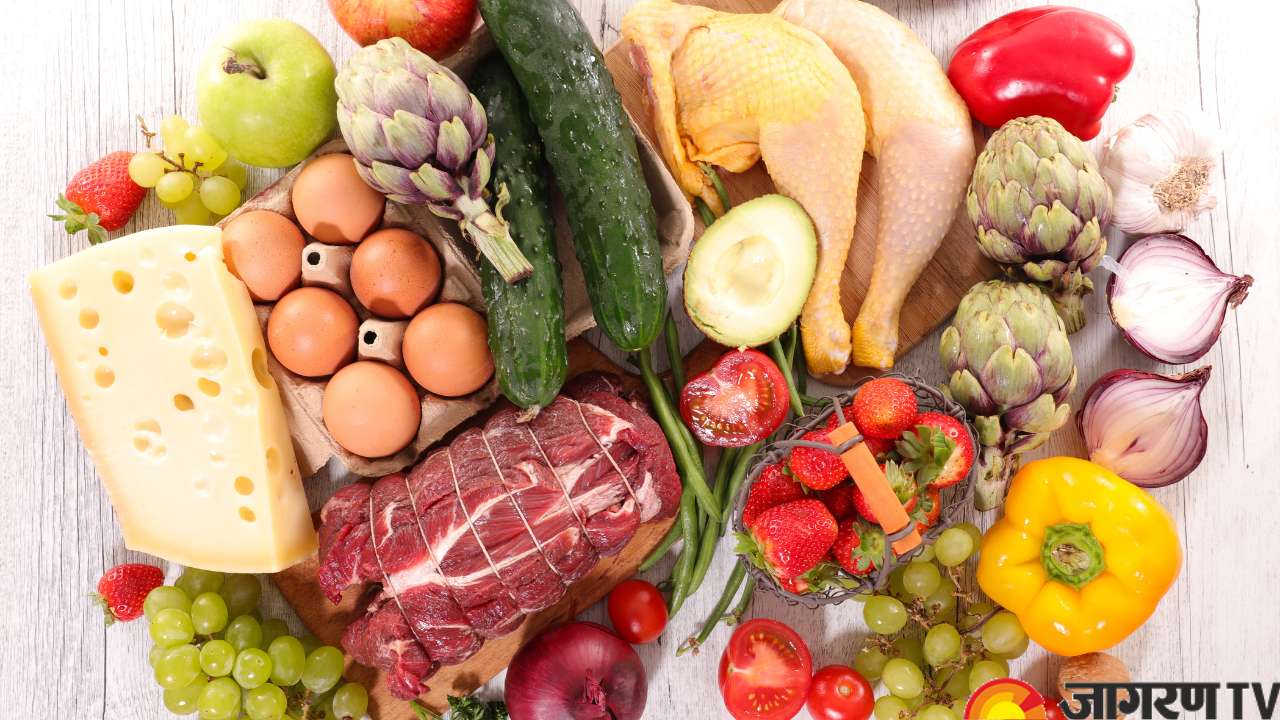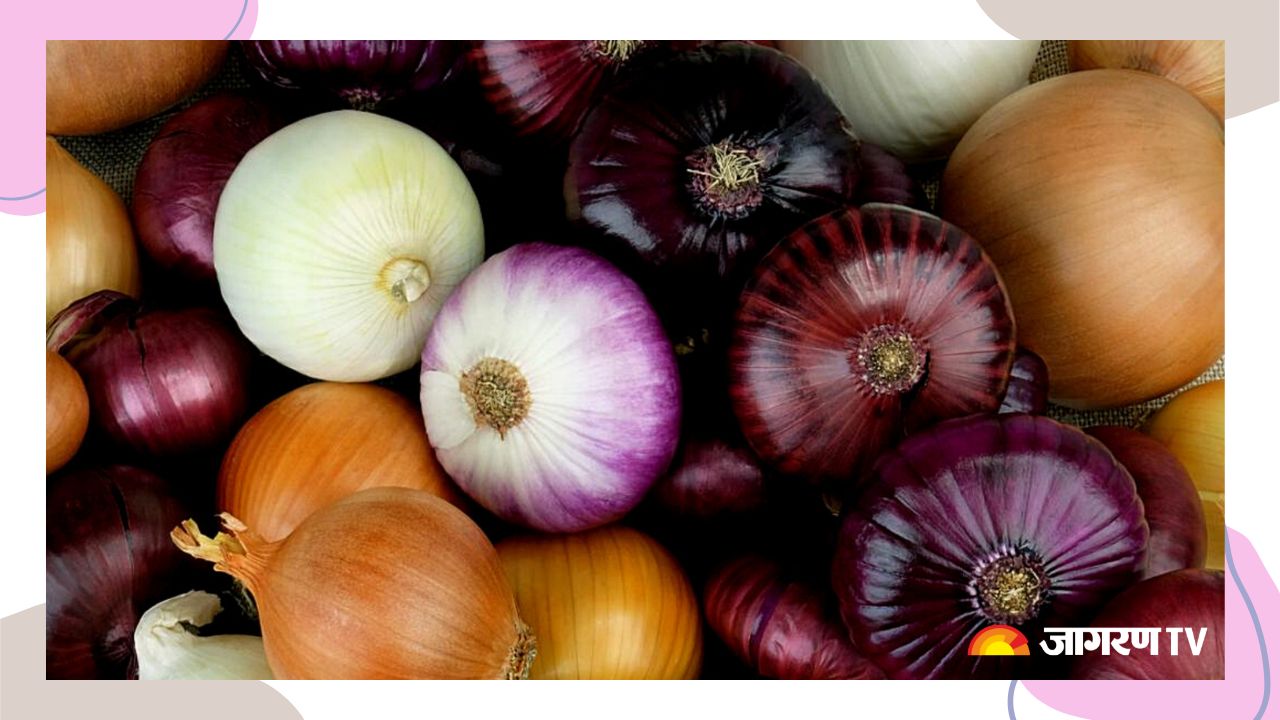Raw Food Diet: Eggs, Chicken, and More, Know The Benefits and Side Effects of Eating Raw Food

Raw Food Diet: Many people usually eat raw eggs and other foods without cooking, for rapid muscle growth. Raw food consumption, also known as a raw food diet, has gained traction in recent years. Many people claim that eating uncooked and unprocessed foods has numerous health benefits, but doctors and medical experts warn of potential risks. Know the potential benefits and side effects of eating raw foods, as well as a balanced perspective on this diet.
Benefits of Raw Food Consumption
It is important to consume raw food with a balanced mindset, incorporating a variety of foods while remaining mindful of potential side effects.
Nutrient Preservation
Raw foods are thought to retain more nutrients than cooked counterparts. Cooking can degrade vitamins (including vitamin C and B vitamins) and enzymes that are necessary for digestion and overall health.
Improved Digestion
Raw foods are usually high in fiber, which aids digestion and encourages regular bowel movements. The natural enzymes found in raw foods can also help break down food and absorb nutrients more efficiently.
Weight Management
A raw food diet is usually low in calories and high in fiber, which can aid in weight loss and management. The high water content of raw fruits and vegetables can also induce a feeling of fullness, lowering overall calorie intake.
Enhanced Energy Levels
Many people experience feeling more energetic after consuming a raw food diet. This could be due to the high nutrient density and the body's decreased need to process heavy, cooked foods.
Improved Skin Health
Raw foods contain high levels of vitamins, antioxidants, and hydration, which can help to promote healthier, clearer skin. Many raw foods contain vitamins A, C, and E, which are essential for skin repair and health.
Raw Food Side Effects
A raw food diet can provide many health advantages, but it is not without risks. Some of the potential side effects include:
Nutrient Deficiencies
Although raw foods are nutrient-dense, cooking increases the bioavailability of certain nutrients. Cooking increases the availability of antioxidants such as lycopene in tomatoes and beta-carotene in carrots. A strict raw food diet may cause deficiencies in these nutrients.
Digestive Issues
Some raw foods contain anti-nutrients, such as phytic acid and lectins, which can reduce nutrient absorption and cause digestive discomfort. Furthermore, a sudden increase in fiber consumption can cause bloating, gas, and other digestive issues.
Foodborne Illnesses
Raw foods, particularly animal products such as meat, eggs, and dairy, are more susceptible to bacterial, parasitic, and viral contamination. This can result in serious, even fatal, foodborne illnesses.
Dental Health
Consuming large amounts of raw vegetables and fruits, especially those that are tough and fibrous, can cause dental erosion and sensitivity. Some raw foods, such as citrus fruits, are highly acidic, which can harm tooth enamel.
Raw Foods to Eat Cautiously
-
Spinach contains oxalates, which can help form kidney stones. Raw spinach contains goitrogens, which can interfere with thyroid function if consumed in large quantities.
-
Raw broccoli can cause gas and bloating because of its high fiber content and the presence of raffinose, a difficult-to-digest carbohydrate.
-
Raw almonds contain amygdalin, a substance that, when digested, can release cyanide. Although the amount is small, eating a lot of raw almonds can be harmful.
-
Raw eggs may be contaminated with Salmonella, a bacteria that can cause serious food poisoning. Consuming raw eggs can also cause biotin deficiency because avidin in egg whites binds to biotin and prevents its absorption.
-
Some mushrooms contain compounds that are toxic when raw but become safe once cooked. Furthermore, raw mushrooms are difficult to digest and may cause gastrointestinal discomfort.
Related videos
-
Summer Care Tips: Soaked Almonds or Raw Almonds, Which is Better to Consume During Hot ...
-
Winter Warriors: Benefits Of Eating Raw Turmeric And Jaggery In The Morning; Best Ways To ...
-
7 Lesser Known Benefits of Eating Raw Onions Daily In Your Diet ...
-
Winter Health Tips: Eating Ginger in Cold Weather Will Protect You From Diseases ...









